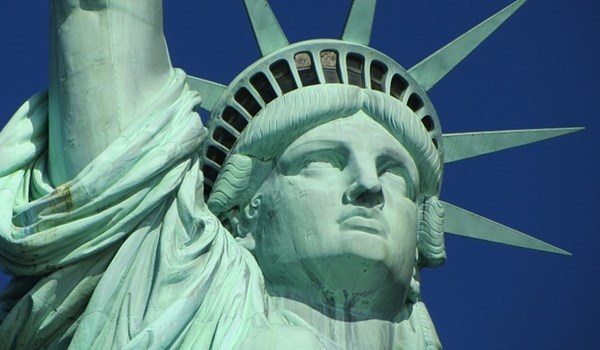Jurisdictions
Regions
Industry Sectors
08/11/19
US: Challenges for Small Business Compliance Under Shell-Company Bills.

As published on wsj.com, Sunday November 3, 2019.
Small businesses are assessing the potential costs of complying with requirements under proposals in both chambers of Congress aimed at limiting the use of anonymous shell companies.
The House in October passed a bill requiring most limited-liability companies, among other firms, to tell the Treasury Department who their primary owners are. A companion measure has been introduced in the Senate. The legislation aims to crack down on entities that are used as vehicles for hiding or moving illicit funds.
The bills would require companies with 20 employees or fewer and no physical office to provide owners’ names and other personally identifiable information. The House measure calls for annual submissions. The Senate bill gives businesses 90 days to report ownership changes and a year to report changes to addresses or other personal information.
Limited-liability companies provide owners with protections against lawsuits, among other financial benefits. They are frequently used by real-estate investors and sole proprietors, those who run one-person businesses. Many limited-liability companies are shell companies, entities with no significant assets or operations.
Some limited-liability companies are registered in the U.S. under the names of representatives who neither own nor operate them.
Passage of the House bill marked a victory for corporate-transparency advocates, following several failed attempts. Big banks, human-rights advocates, law-enforcement authorities and other groups have expressed their support for creating a registry of “beneficial,” or true, owners.
Broader factors behind the legislative push include international pressure to establish beneficial-ownership registries. The measures have also been helped by support from the White House and secretary of state of Delaware, whose corporate laws have made it a haven for shell companies.
Anne Zimmerman, an accountant in Cincinnati who focuses on small-business clients, said she was surprised that the Trump administration supports imposing new rules on firms with so few employees. “It’s only the small businesses that are going to get hit with it,” she said.
Affected companies would likely have to hire accountants or lawyers to make sure they comply, said Ms. Zimmerman, who also co-chairs a small-business-advocacy group that focuses on tax-related issues. Her group hasn’t taken a position on the bill, she said.
If enacted, the requirements could result in as many as 30 million beneficial-ownership filings annually, according to a Congressional Budget Office analysis of the House bill published in September. The analysis described the total cost to businesses as substantial without providing an estimate.
The House and Senate measures would require companies to submit information about owners who hold at least a 25% stake or who exercise substantial control. The information would include names, birth dates, addresses and copies of government identification.
The National Federation of Independent Business, which opposes the bills, has argued they raise privacy concerns and cut into the time that small-business owners should be using to run their companies. The NFIB estimates that complying with the proposed rules would take companies 30 minutes a year on average.
Lawmakers have introduced several proposals aimed at assuaging small-business owners’ concerns, according to Clark Gascoigne, deputy director at the Financial Accountability and Corporate Transparency Coalition, an anticorruption group that supports the bills.
Mr. Gascoigne pointed to provisions aimed at giving business owners a year to update personal information, such as addresses if they move, and ensuring that companies that are exempt from the reporting requirements don’t have to submit proof of their exemptions.
The requirements would exempt nonprofits, investment advisers and other financial-services firms.
Not all business owners see the proposed requirements as onerous. Daniel Turner, owner and president of TCG Inc., a federal technology contractor in Washington, said he has opened several limited-liability companies to invest in real estate. TCG’s office building, for instance, is owned by a limited-liability company that Mr. Turner controls.
Mr. Turner said submitting ownership information for his companies wouldn’t be an enormous time burden, but he expressed skepticism about whether the measures would help investigators track down bad actors.
“There’s an old term: ‘Life finds a way,’” he said. “And criminality also finds a way.”


